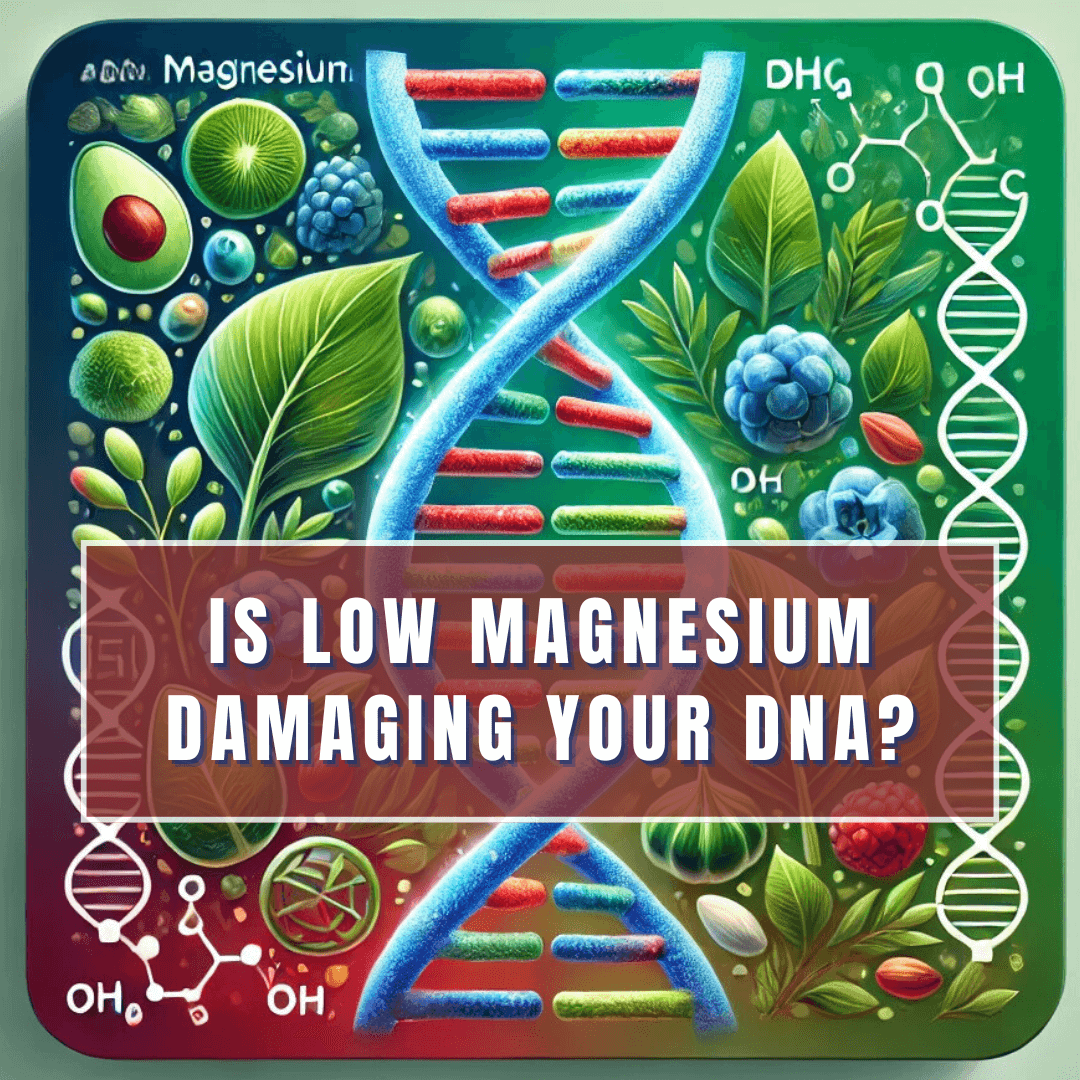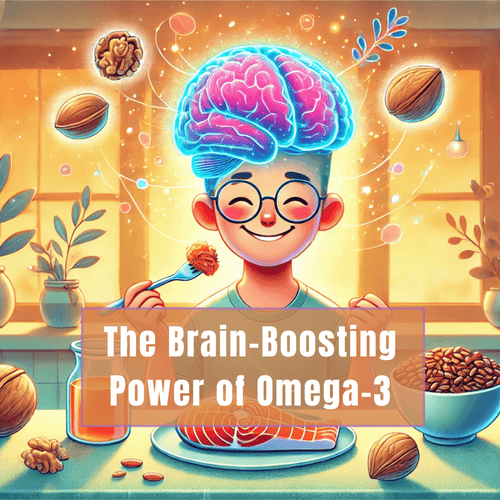
Magnesium is far more than a buzzword in wellness circles—it's a critical nutrient that powers essential bodily functions and sustains your health at a cellular level. It helps your DNA stay healthy, acts as a cofactor for enzymes, and supports essential biochemical processes. But here’s the kicker: new research from South Australia shows that not getting enough magnesium, especially if you also have high levels of a compound called homocysteine (Hcy), can lead to more DNA damage. Let’s break it down.
What the Study Found
This study, involving 172 healthy middle-aged Australians, examined how magnesium levels interacted with homocysteine, folate, and vitamin B12. The researchers measured DNA damage using biomarkers like micronuclei (MN) and nucleoplasmic bridges (NPBs)—indicators that your DNA might be struggling (Dhillon VS, et.al., 2024).
Here are the key findings:
- Magnesium vs. Homocysteine: Magnesium levels were inversely related to homocysteine. In simple terms, lower magnesium often meant higher homocysteine levels.
- Magnesium and Other Vitamins: People with higher magnesium also had better folate and vitamin B12 levels.
- Magnesium Protects DNA: Low magnesium levels correlated with more DNA damage markers like MN and NPBs.
- Magnesium + Homocysteine = Trouble: When magnesium was low and homocysteine was high, the DNA damage skyrocketed compared to when magnesium was high and homocysteine was low.
Why Does This Matter?
DNA damage doesn’t just stay in your cells—it can lead to long-term problems like aging, cancer, and other chronic diseases. Magnesium plays a critical role in DNA repair, and this study highlights how its deficiency leaves your body vulnerable. Throw in high homocysteine, which has been linked to heart disease and inflammation, and you’ve got a recipe for trouble.
What You Can Do
- Boost Your Magnesium Intake: Foods like leafy greens, nuts, seeds, and whole grains are excellent sources. Consider magnesium supplements if your diet falls short, but always check with your doctor first.
- Lower Your Homocysteine: High homocysteine often signals a lack of folate, vitamin B12, or vitamin B6. Eating more leafy greens and fortified cereals can help.
- Get Tested: If you’re middle-aged or concerned about your health, ask your doctor to check your magnesium and homocysteine levels.
Why Choose Magnesium Glycinate?
Magnesium Glycinate supplement is a highly bioavailable form of magnesium. It’s an excellent choice for supporting DNA repair, reducing stress, and improving overall health. It also has a lower risk of causing digestive issues, which can be a common side effect of other forms of magnesium.
The Takeaway
This study shows that keeping your magnesium levels high and homocysteine levels low is essential for protecting your DNA. Think of magnesium as your DNA’s shield—it guards against damage and helps your body repair itself. By making simple dietary changes, you can support your long-term health and reduce your risk of chronic diseases.
Reference
Dhillon VS, Deo P, Fenech M. Low magnesium in conjunction with high homocysteine increases DNA damage in healthy middle aged Australians. Eur J Nutr. 2024 Oct;63(7):2555-2565.









